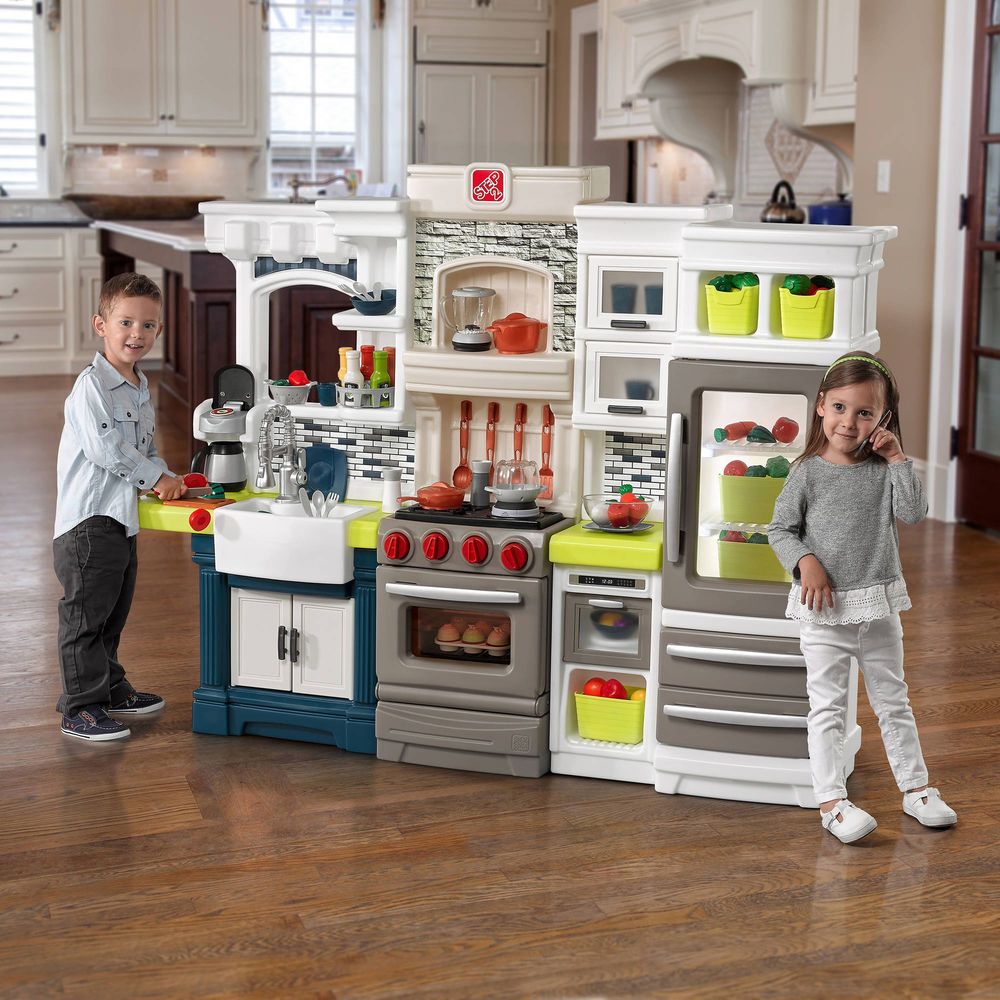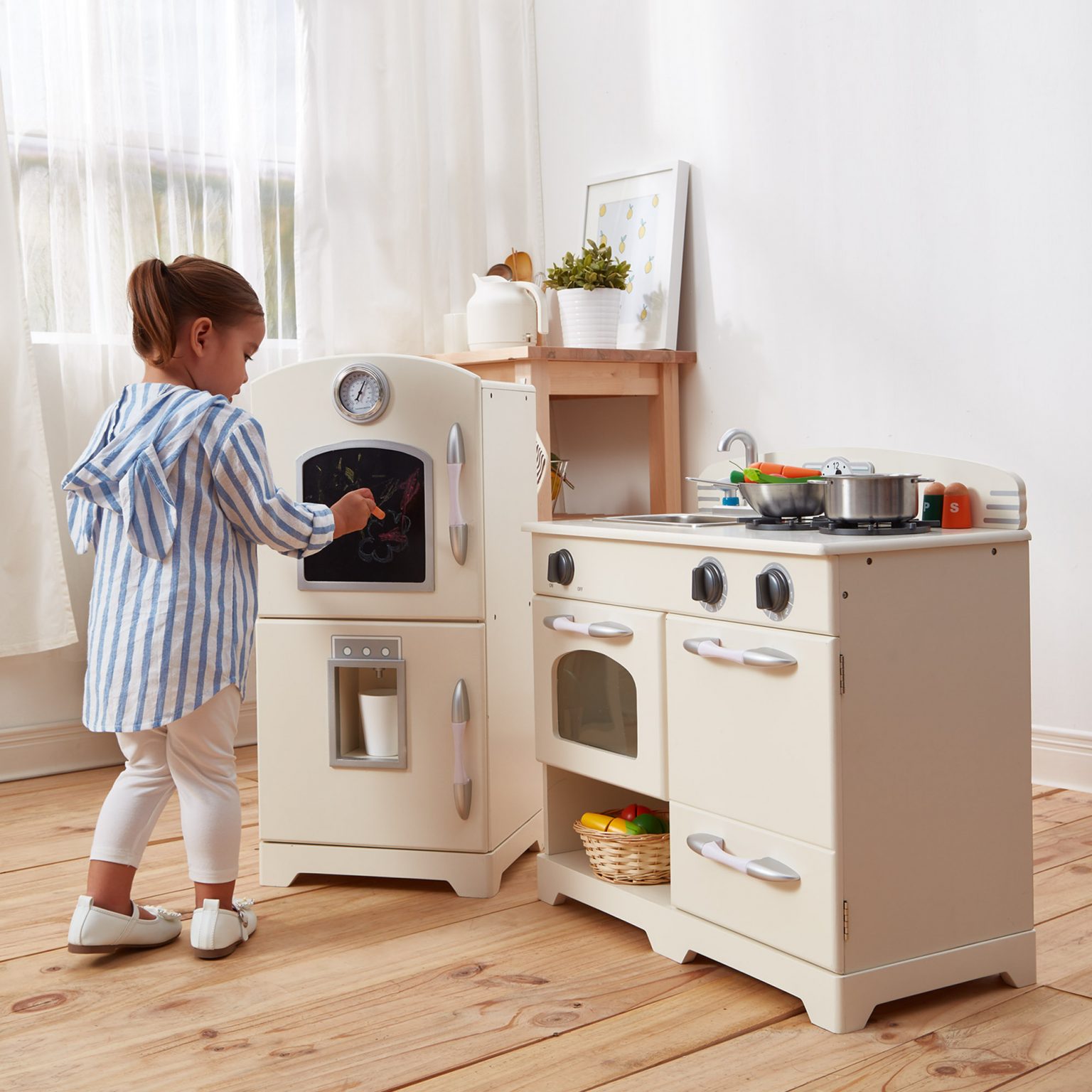Cooking Up Imagination: Why Every Child Needs a Play Kitchen
Play kitchens have sprouted in the corners of many living rooms, pre-schools, and kids’ bedrooms, blossoming as a staple in nurturing the essential aspects of child development. These miniature culinary corners are not merely a collection of plastic pans and faux food items but a delightful concoction of learning, growth, and fun. Integrating a mänguköök into a child’s arsenal of toys carves pathways to many skills, creativity, and endless imaginative play.
Children are naturally drawn to activities that allow them to emulate adults, and a play kitchen serves as a perfect platform. It is not just about playing ‘house’; it’s about exploring, imitating, and understanding the world around them, cooking up diverse skills that benefit them in numerous ways.

1. Nurturing Creativity and Imagination
Play kitchens are fantasy lands where imagination knows no boundaries. Children get the freedom to create their own recipes, arrange their kitchen space, and role-play different scenarios, from being a top chef to managing a bustling kitchen. This not only boosts their creativity but also enhances their problem-solving skills.
2. Development of Motor Skills
Small hands find joy and growth in the gripping, stirring, and sorting that come with play kitchen activities. Children develop their fine motor skills by engaging in actions like chopping pretend vegetables, measuring ingredients, and setting the table. These repetitive movements are fundamental for enhancing their agility and coordination.
3. Fostering Language and Communication
The play kitchen becomes a social diner where conversations brew. Kids learn new words related to cooking and food, enhancing their vocabulary. They engage in meaningful conversations, practicing and improving their communication skills, which is crucial for effective social development.
4. Learning Mathematical Concepts
Children can inadvertently pick up essential mathematical concepts such as counting, measurement, and sequencing while playing in a kitchen. It enables them to become familiar with numbers and quantities, laying a solid foundation for their formal education in the future.
5. Introducing Nutritional Values and Healthy Habits
A play kitchen paves the way for discussions about different food types, ingredients, and their nutritional values. Children become aware of various food groups, enabling them to recognize and appreciate the importance of a balanced diet and healthy eating habits.
6. Promoting Responsibility and Independence
Owning and managing their play kitchen allows children to take responsibility. They develop a sense of ownership, learning about cleanliness, organization, and the importance of taking care of their belongings, fostering independence and responsibility.
7. Cultivating Emotional Skills
Children can express their emotions through role-play, practice empathy, and navigate social situations. It assists in emotional development, helping them manage their feelings and understand others’ emotions better.

8. Encouraging Collaboration and Teamwork
Play kitchens are fantastic arenas for cultivating the spirit of teamwork and collaboration. Playing together, sharing, and working towards common goals helps children understand the essence of cooperation, enhancing their social skills and ability to work well with others.
Conclusion: An Investment in Holistic Development
Investing in a play kitchen is investing in a child’s holistic development. It’s more than a toy; it’s a classroom where life skills, creativity, and knowledge simmer together on the stove of playful learning. Every child, endowed with a play kitchen is given a wonderful opportunity to explore, learn, and grow in a delightful, engaging environment.



